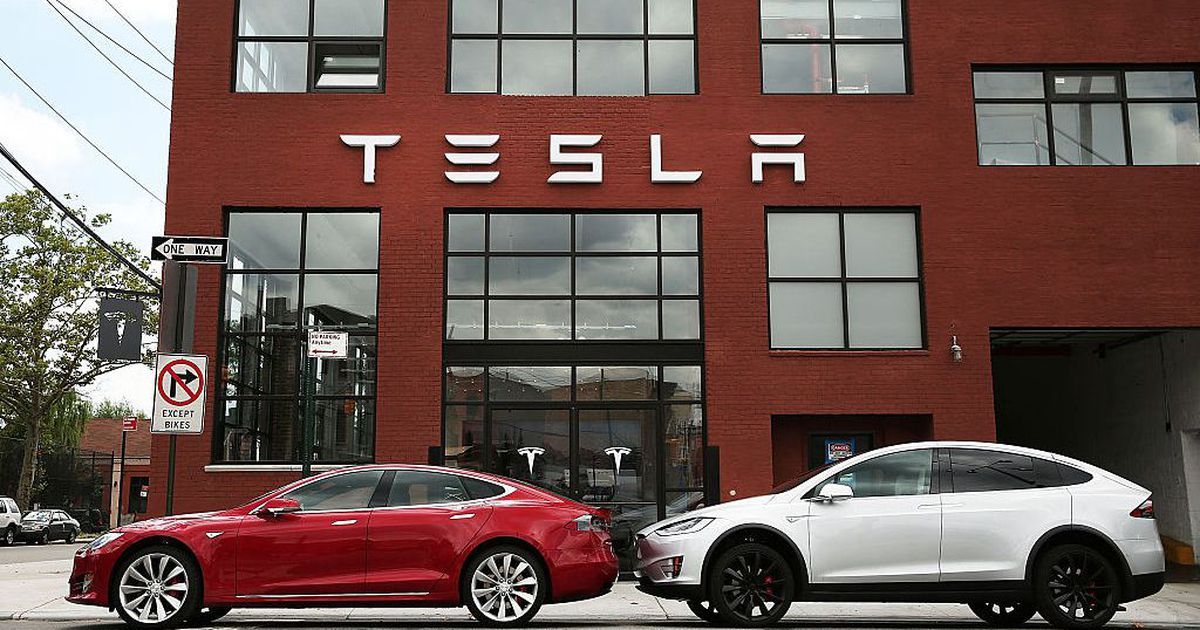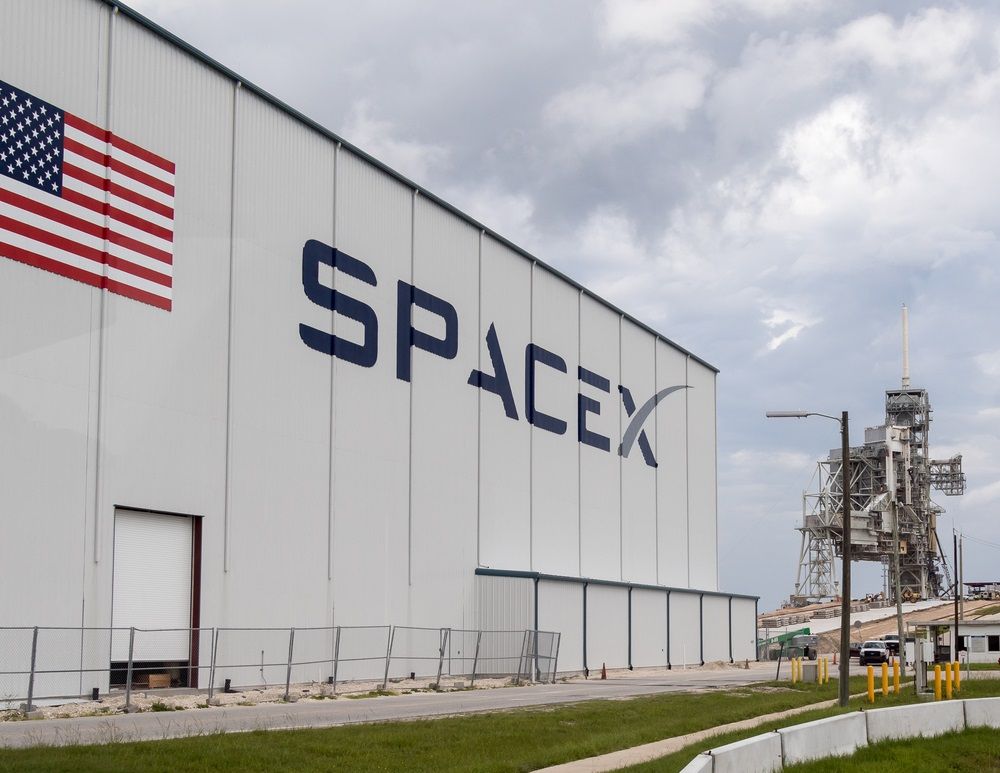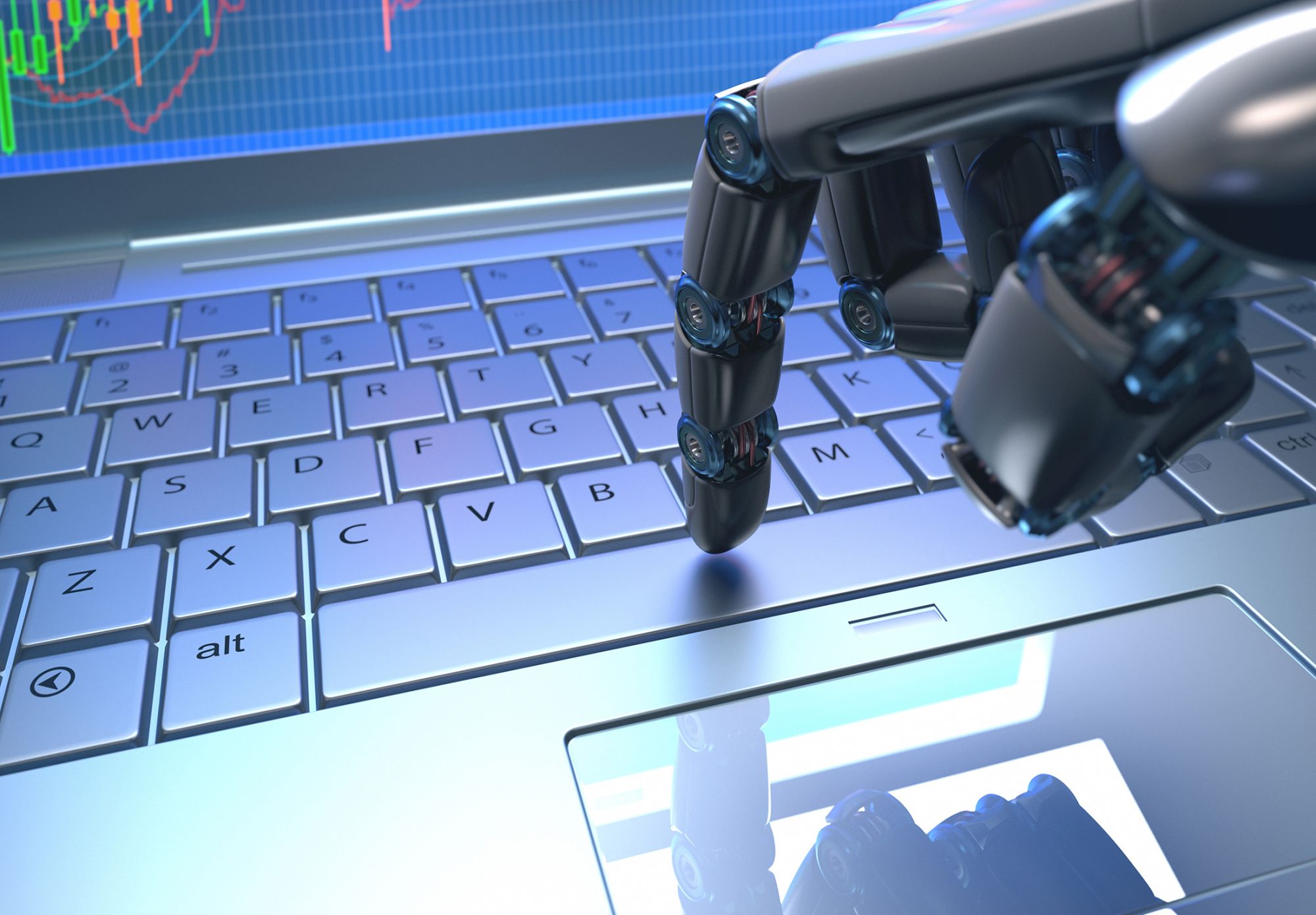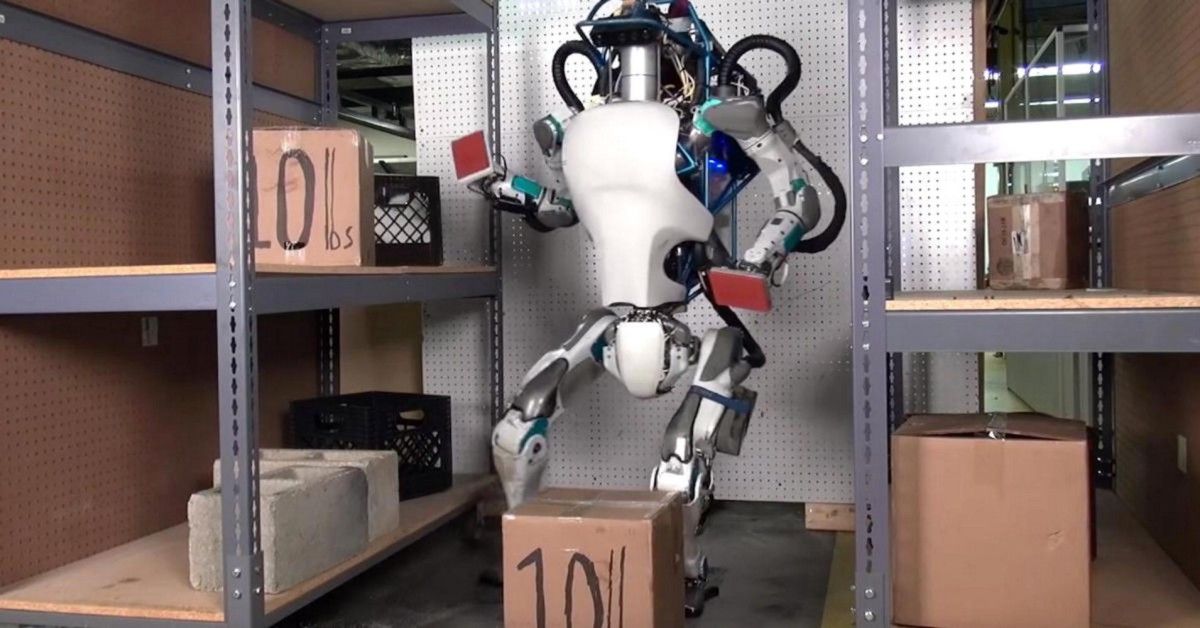“Two Tesla Motors veterans want to build a European counterpart to Elon Musk’s “gigafactory”, in an effort to stake out a dominant position in the fast-evolving supply chain for makers of electric vehicles.”
Category: Elon Musk – Page 279


Tesla is so sure its cars are safe you’ll say goodbye to a lot more than just steering wheels
In the self-driving future envisioned by Tesla CEO Elon Musk, car owners might be saying “goodbye” to a whole lot more than steering wheels.
Musk is so sure of the safety features bundled into Tesla vehicles that his company has begun offering some customers a lifetime insurance and maintenance package at the time of purchase.
No more monthly insurance bills. No more unexpected repair costs.

Tesla Completes Hawaii Storage Project That Sells Solar at Night — By Mark Chediak | Bloomberg
“Tesla Inc. has completed a solar project in Hawaii that incorporates batteries to sell power in the evening, part of a push by the electric car maker to provide more green power to the grid.”

Pie in the Sky? The Economics of Space Travel
SpaceX hopes to take paying passengers into deep space next year. Is this a real business or an ego trip?
An awfully big adventure
Elon Musk announced on Monday (27 February) that his space company SpaceX has been contracted by two private citizens to circumnavigate the moon and return to Earth late in 2018. The mission will not land on the Moon but the two privileged individuals will get close. And they have already paid a substantial deposit.

AI Scientists Gather to Plot Doomsday Scenarios (and Solutions)
Artificial intelligence boosters predict a brave new world of flying cars and cancer cures. Detractors worry about a future where humans are enslaved to an evil race of robot overlords. Veteran AI scientist Eric Horvitz and Doomsday Clock guru Lawrence Krauss, seeking a middle ground, gathered a group of experts in the Arizona desert to discuss the worst that could possibly happen — and how to stop it.
Their workshop took place last weekend at Arizona State University with funding from Tesla Inc. co-founder Elon Musk and Skype co-founder Jaan Tallinn. Officially dubbed “Envisioning and Addressing Adverse AI Outcomes,” it was a kind of AI doomsday games that organized some 40 scientists, cyber-security experts and policy wonks into groups of attackers — the red team — and defenders — blue team — playing out AI-gone-very-wrong scenarios, ranging from stock-market manipulation to global warfare.
Horvitz is optimistic — a good thing because machine intelligence is his life’s work — but some other, more dystopian-minded backers of the project seemed to find his outlook too positive when plans for this event started about two years ago, said Krauss, a theoretical physicist who directs ASU’s Origins Project, the program running the workshop. Yet Horvitz said that for these technologies to move forward successfully and to earn broad public confidence, all concerns must be fully aired and addressed.
Forget SpaceX: 10 companies that will change space travel in 2017 & 2018
SpaceX’s announcement that they will launch two tourists on a trip around the moon has captured imaginations with renewed speculation about the future of space travel and accessibility to the beyond.
“We are excited to announce that SpaceX has been approached to fly two private citizens on a trip around the moon late next year. They have already paid a significant deposit to do a moon mission,” Musk wrote in their announcement. “Like the Apollo astronauts before them, these individuals will travel into space carrying the hopes and dreams of all humankind, driven by the universal human spirit of exploration.”
However, it really is not fair to a number of other companies that are revolutionizing space travel all the same but don’t have the substantial resources or notoriety of Elon Musk’s gargantuan company. Musk’s celebrity status makes his every tweet a news story (not totally unlike, but in many ways extremely unlike, the newest US president). With that sort of figure, it is hard to capture people’s attention if you are running one of SpaceX’s “pretenders” and competitors. The Hawthorne, Cali company not only operates its own mission services using rockets it built itself, but also sells those rockets to other launch providers.
Elon Musk And SpaceX Are Sending Humans to the Moon
Learn all about the beginning of the private space race in the book.
How To Make A Spaceship
Book: https://goo.gl/7rF2al
Peter H. diamandis / XPRIZE julian guthrie / penguin press stephen hawking richard branson / virgin galactic
BREAKING: Elon Musk And SpaceX Are Sending Humans to the Moon
In Brief
- Yesterday, SpaceX founder and CEO Elon Musk said that his private spaceflight company would have a notable announcement today at 4pm EST (1pm GMT).
- It seems that humans are going back to the Moon. Here’s what you need to know about this new revelation and what it means in relation to humanity’s journey into the cosmos.
Rocket science isn’t easy. Ask any engineer. Rocket science isn’t cheap. Just ask NASA. Fortunately, in recent years, a number of commercial spaceflight companies have stepped up to the plate in order to help national space agencies extend their reach into the final frontier.
Innovative companies like Elon Musk’s SpaceX and Jeff Bezos’ Blue Origin have accelerated the development of reusable rockets exponentially. In so doing, they have dramatically reduced the cost of leaving our pale blue dot, improving both our ability to explore the cosmos and scientists’ capacity to conduct research beyond Earth.

A warning from Bill Gates, Elon Musk, and Stephen Hawking
“The automation of factories has already decimated jobs in traditional manufacturing, and the rise of artificial intelligence is likely to extend this job destruction deep into the middle classes, with only the most caring, creative or supervisory roles remaining.” — Stephen Hawking.
Automation is inevitable. But we still have time to take action and help displaced workers.
Automation is accelerating. The software powering these robots becomes more powerful every day. We can’t stop it. But we can adapt to it.